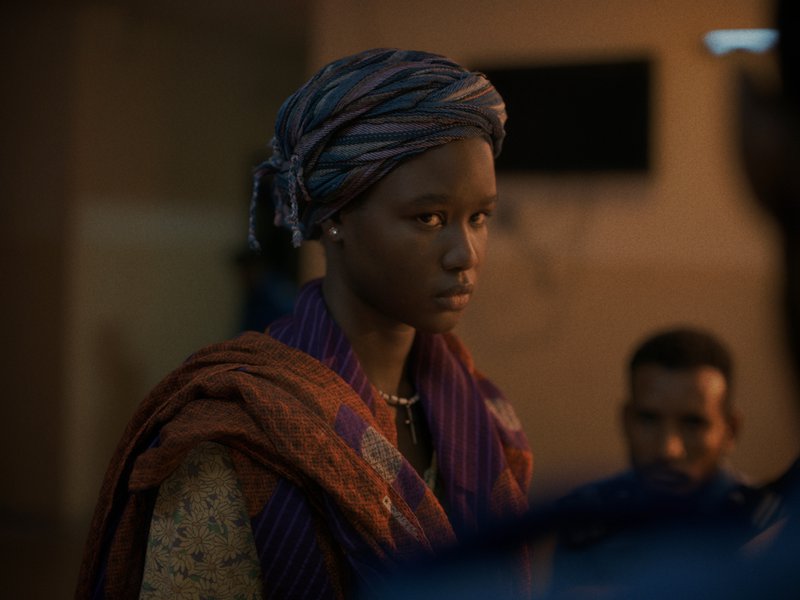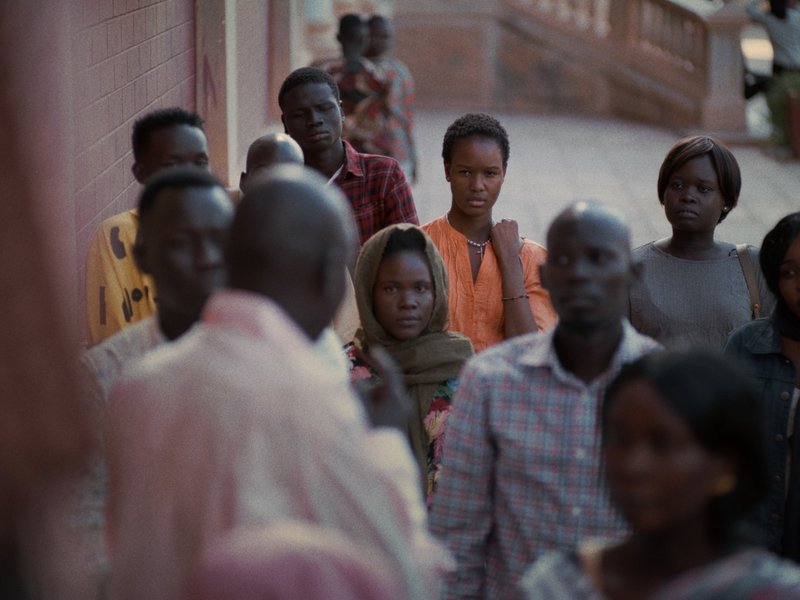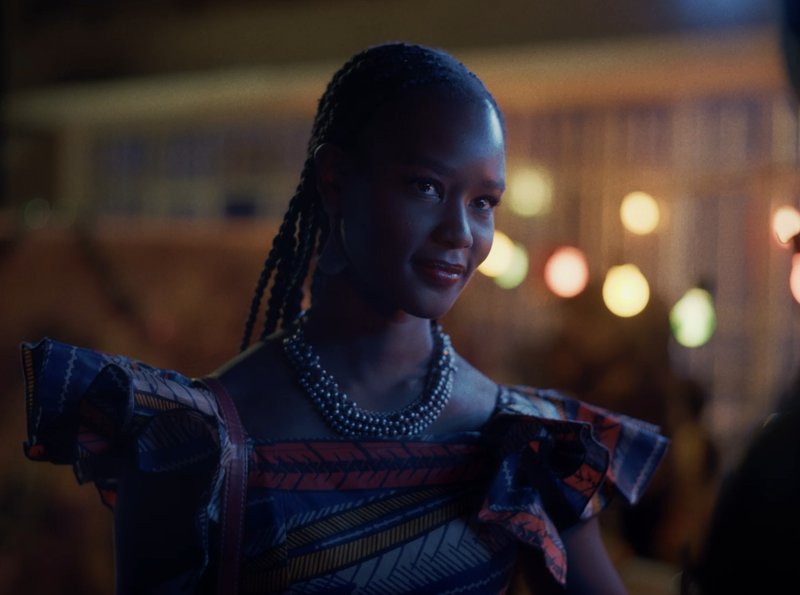Goodbye Julia set in Sudan is a great film digging deep into conflict between the South and the North that produced a new country
By Edward Tsumele, CITYLIFE/ARTS Editor
Those who have known me for sometime, particularly after watching a theatrical production, I loathe having to answer the question of what I think of the show immediately after the curtains have shut. Usually this happens at refreshments points, the after show drinks and snacks that used to define a period when theatre going was such a pleasurable experience where patrons, mainly invited guests would be spoilt on opening night.
Such experiences are far and few in between these days as those who control the budgets continue to tighten the financial screws as the tough economic situation makes life harder for many. You can imagine what more woes befell theatre producers after Covid-19 worsened the economic situation on the sector, battering it further, leaving it gasping for air. But when last week I was asked what I thought about what I had just watched, I did not take offence and you will get to understand why a little while later.

But here I am not talking about theatre today. I am talking about film. Yes, I went to the European Film Festival’s opening night on Thursday, July 12, 2023 at Ster Kinekor at the Zone in Rosebank. The festival attended by invited guests, including representatives of the various European embassies in South Africa and their cultural institutions and distinguished South Africans, opened with a Sudanese film titled Goodbye Julia.
I last went to such an opening four years ago, but Covid-19 made it impossible for the festival to allow for festival attendance of this popular film festival which has made its presence felt on the Southern African region (It is also hosted in Lesotho and Eswatini) in the past three years. Rather than screening these movies emanating from mainly participating countries from the European Union whose embassies are represented in South Africa at cinemas, the European Film festival instead, chose to screen the movies online in the past three years.

It still uses that platform. However the crown of the festival is when people physically attend the event, such as what happened on Thursday. For example, not only was it cool again to have to carry your popcorn and drink into the theatre, reminding us of the old good days of a film outing, a period when many of us outside the medical profession, did not have the word Covid-19 in our vocabulary. During those days the networking after watching a film opening at a festival was an added bonus. That is what happened last week. That networking happened after the movie as we enjoyed drinks and dinner. We almost forgot that for the past three years, we were denied such an opportunity by the disease that devastated the world, and thank goodness, it is no longer a major health threat in most parts of the world.
So even though I resent commenting about what I think about a show immediately after watching it, I did not resent it when Bra Zakes Mda, the widely read novelist asked me what I thought about the movie. This was the same question I had to answer more than once from some of the guests as we enjoyed dinner. And I understand why people asked this question among themselves. Everyone who came out of that movie came out emotionally charged and intellectually stimulated.
“I am still not sure which directions my emotions are taking me. This is a complex movie that is multilayered.” That is the best answer I could give to the professor. I was happy that he did not push me further on the issue.

You see, Goodbye Julia, which is part of the ongoing European Film Festival, (October 12- 22) sponsored by the European Union Delegation to South Africa, digs deep into the heart of what divided Sudan into two counties, the South and the North. The conflict between indigenous Africans, who are Christians in the South and Moslem Arabs in the north, was caused by complex issues, such as religion and entrenched racial prejudice going back into centuries.
For example, in the movie, we get to witness such prejudice when one of the characters, the husband to one of the two protagonists, Mona, keeps on referring to Africans as slaves whose only purpose of existence in the country was to serve their Arab counterparts.
This however does not go down well with the guilty trapped wife, Mona, who in fact has become close to Julia, the maid who became a maid for this household through a series of tragic events involving Julia and this family. I will not spoil your film experience by explaining everything here, other than saying that there is murder, police cover up, love, lies and hypocrisy that expose the faulty lines in the Sudanese psyche that resulted in the conflict that divided the country into two.
The film however does not touch on the current conflict that unfortunately is currently raging on in southern Sudan, and this time, pitting Christian upon Christian. Goodbye Julia though is a film that is well directed, story well told, fairly capturing all the nuances that divided the Sudanese society. I like the fact that it uses ordinary family conflicts to look deep into the bigger issues that pretty much defined the psyche of the Sudanese society that led to the conflict between the Arab North and the Christian South.

This broader issue is told using the usual elements that make a story great and palatable to watch, such as a love story line, music and the small issue of family lies and cheating. It is a movie that will leave you entertained, but at the end, and most importantly, more informed and engaged in understanding what caused the conflict that resulted in the creation of a new country called Southern Sudan, in which former South African President Thabo Mbeki, played a crucial role in mediating in that conflict. This is a beautiful and powerful film, and no wonder, it continues to cause waves at film festivals, winning prestigious awards. Several countries were involved in producing it.
Goodbye Julia directed by Mohamed Kordofani, an African–European coproduction (Sudan, Egypt, Germany, France, Sweden and Saudi-Arabia). Goodbye Julia’s cinematographer is South African filmmaker Pierre de Villiers, who created magic with this film.
The European Film Festival is currently on at select cinemas around South Africa, as well as in Lesotho and Eswatini. The festival can also be accessed online.
Visit www.eurofilmfest.co.za for film synopses, trailers, screening schedules and festival updates.










